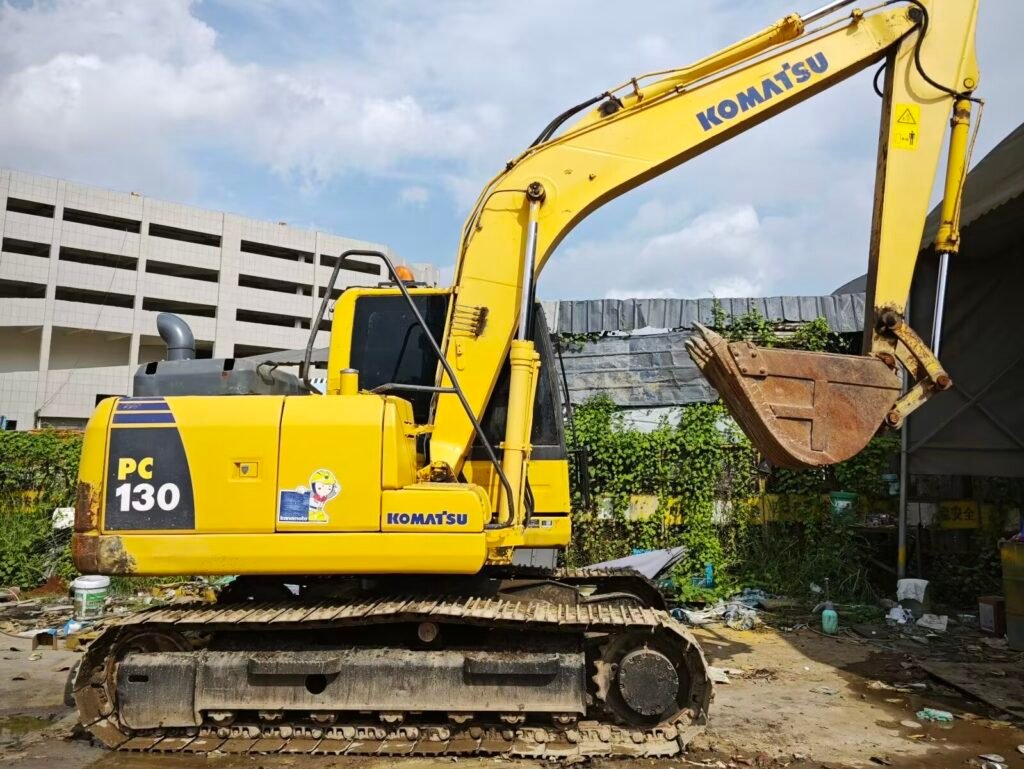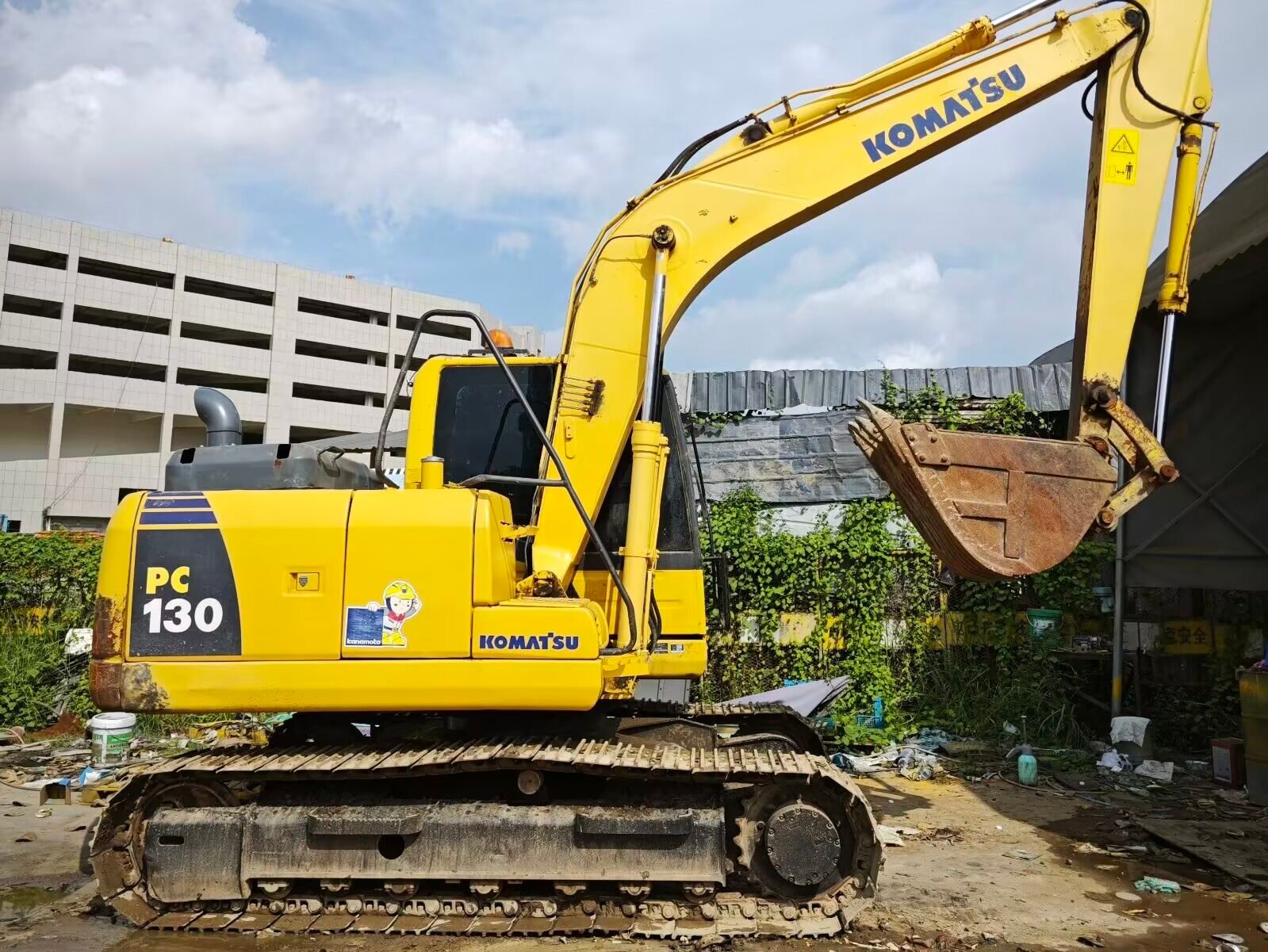I. Introduction
- Why is it important to comply with trade laws and regulations?
- In a globalized business environment, compliance with international and target country trade laws and regulations is crucial for a company’s success. Violations can lead to financial losses, legal liabilities, and damage to reputation, impacting future business opportunities. Therefore, understanding and adhering to relevant laws and regulations helps businesses maintain compliance, reduce risks, and ensure long-term sustainable development.
- What is the purpose of this article?
- This article aims to provide practical strategies and recommendations to help businesses ensure their export activities comply with international regulations and the legal requirements of target countries, thereby avoiding potential legal consequences.
II. Understanding International Trade Regulations
A. Basic Principles of International Trade
- What are the basic principles of international trade regulations?
- Basic principles of international trade regulations include the Most-Favored-Nation (MFN) treatment and National Treatment, which promote fair competition and prevent discriminatory trade policies. Understanding these principles helps businesses operate smoothly in international markets.
B. Major International Trade Organizations
- Which international organizations establish relevant regulations?
- The World Trade Organization (WTO) is one of the most important organizations in international trade, with rules and agreements that significantly affect global trade. Additionally, the United Nations, the International Monetary Fund (IMF), and other regional trade organizations also play roles in promoting the standardization and development of international trade.

III. Researching Target Country Laws and Regulations
A. Import Requirements of the Target Country
- How to find the import laws and regulations of the target country?
- Businesses should utilize resources such as government websites, international trade databases, chambers of commerce, and industry associations to obtain the latest import laws and regulations of the target country. These resources typically provide detailed legal texts, current policies, and practical guidelines.
B. Special Restrictions and Bans
- Are there specific trade restrictions in the target country?
- Different countries may impose special restrictions on certain goods, such as embargoes, quotas, or outright bans on specific imports. It is essential for businesses to understand these restrictions to avoid legal issues during the export process.
IV. Compliance Checks
A. Internal Compliance Review
- How to conduct an internal compliance review?
- Businesses can establish internal compliance review mechanisms, including reviewing relevant documents, checking export processes, and assessing product compliance. Regular evaluations of compliance can help identify potential risks and enable timely corrective actions.
B. External Compliance Consultation
- When should external compliance consultation be sought?
- When entering new markets or facing complex legal environments, businesses should consider consulting legal advisors or compliance experts. External specialists can provide professional insights and recommendations to help mitigate compliance risks.
V. Establishing a Compliance Management System
A. Developing Compliance Policies
- How should businesses develop compliance policies?
- Businesses should create detailed compliance policies based on their unique operational characteristics, industry standards, and legal requirements. These policies should cover risk assessments, compliance processes, and contingency measures to ensure consistent compliance in export activities.
B. Training and Awareness Enhancement
- How to enhance employee compliance awareness?
- Regular compliance training is a key method for increasing employee awareness. Training content should include relevant laws and regulations, compliance processes, and company policies, ensuring that employees understand their responsibilities and obligations during the export process.

VI. Monitoring and Updating
A. Continuous Monitoring of Legal and Regulatory Changes
- How to track changes in international and target country laws and regulations?
- Businesses should establish effective monitoring mechanisms to regularly review legal databases, industry reports, and notifications from professional organizations to stay updated on the latest legal developments, allowing for timely adjustments to export strategies.
B. Regular Review and Update of Compliance Policies
- How should businesses regularly review compliance policies?
- Businesses should set a timetable for regular evaluations of compliance policies to ensure alignment with the latest legal regulations. Through continuous assessment and updates, businesses can better respond to changes in laws and maintain compliance.
VII. Conclusion
- Summarize the importance of complying with trade laws and regulations
- Compliance is the foundation of a company’s success in international markets. By understanding and adhering to relevant laws and regulations, businesses can effectively reduce legal risks and avoid potential financial losses and reputational damage, achieving sustainable development.
- What recommendations are there for future exports?
- Businesses should foster a culture of continuous compliance and remain flexible in responding to changes in laws and regulations to ensure smooth export operations. Additionally, establishing long-term partnerships with legal advisors and compliance experts can provide timely support and guidance.



